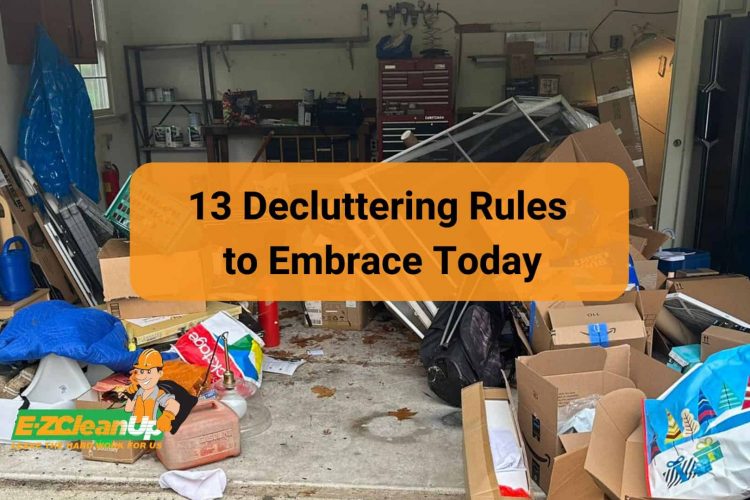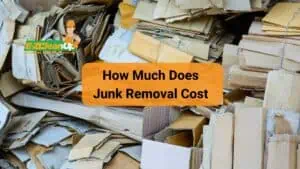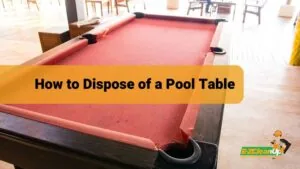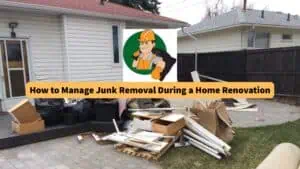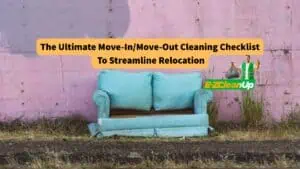Streamline home decluttering by setting clear goals. Sort items by use and adopt a one-in, one-out policy. Apply the 90/90 rule to unsure items, involve family, wisely manage sentimental pieces, donate responsibly, and regularly plan clean-ups. Make sure you celebrate your tidy space!
Here’s a detailed guide to the 13 decluttering rules to embrace today.
Rule #1: Start Decluttering with a Clear Goal
Start by setting clear goals for each area of your home. What do you want to achieve? Maybe you want to get rid of things you don’t use, reduce how much stuff you have, or organize things better to make your space more relaxing.
Imagine how you want each space to look and work when you’re done. This vision will keep you focused.
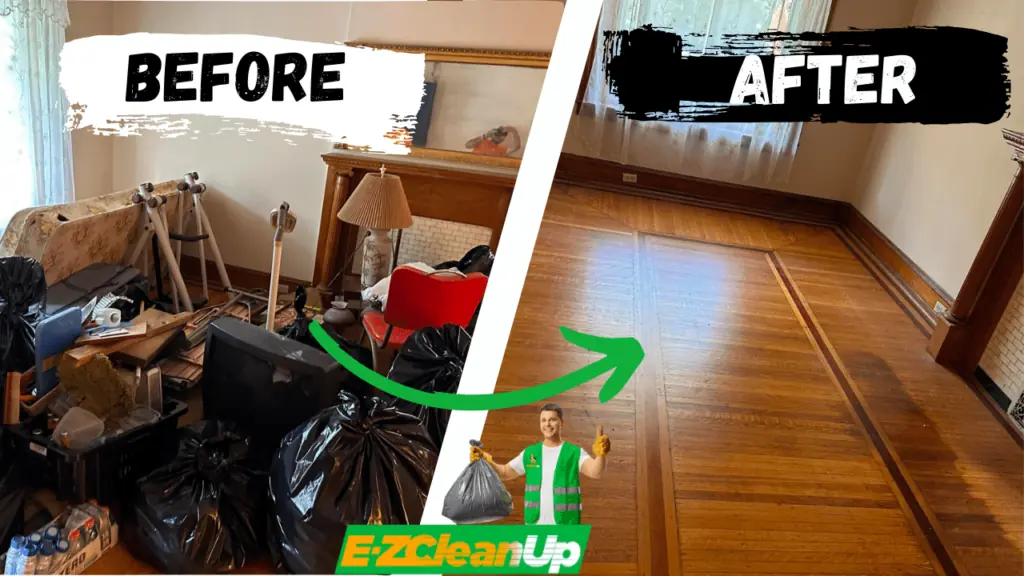
Set Specific Goals
It’s important to have specific goals so you can track your progress. For example, you might decide to cut down the clothes in your closet by half or clear all the counters in your kitchen.
Having these specific goals helps you see how well you’re doing and make any needed changes. Keeping your eye on these targets can make decluttering feel rewarding.
Rule #2: Identify Items to Discard First
Figuring out what to get rid of is an important first step. It helps you make your space neater and easier to manage.
Remove Extra Items
Start by getting rid of duplicates—extra items that do the same job. You might have too many kitchen utensils or several pairs of the same shoes. Keep only the best or the ones you love most. This frees up space and makes daily choices simpler.
Toss Things You Haven’t Used in a Year
Think about how often you use each item. If you haven’t used something in a year, you probably don’t need it. This could be clothes, books, or gadgets. Getting rid of these items helps you avoid keeping things just in case and reduces clutter.
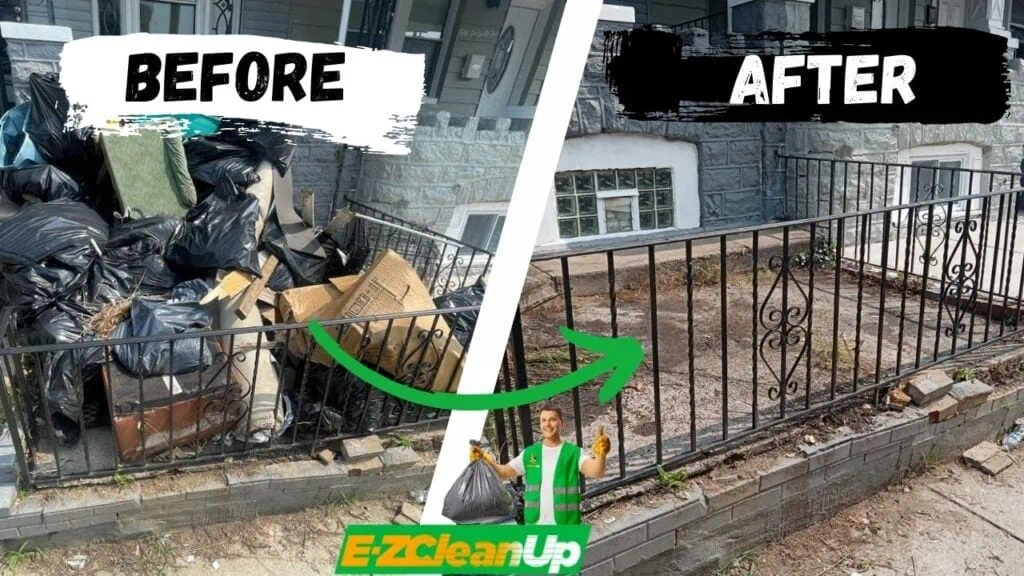
Rule #3: Organize Based on How Often You Use Things
To organize your items well, focus on how often you use them.
Keep Everyday Items Handy
Make sure things you use every day are easy to reach. For example, keep essential kitchen tools on the counter or your daily skincare products easy to grab in the bathroom. This makes your daily routines quicker and smoother.
Store Seldom-Used Items in Less Accessible Places
Keep rarely used items in spots that are harder to reach, like high shelves or under the bed. This could include seasonal decorations or special occasion clothes. This way, your main living areas stay clear and more pleasant.
Rule #4: Use the One In, One Out Rule
Every time you bring a new item into your home, find an old item to let go of. This simple swap helps you keep your things balanced and prevents clutter. It’s especially useful for keeping places like your closet and kitchen drawers tidy.
Keep Your Closets and Kitchen Simple
This rule is great for managing clothes and kitchen tools. For example, when you get a new shirt, donate an old one you don’t wear anymore. If you buy a new kitchen gadget, find an old one to give away. This keeps your spaces clean and makes it easier to find and enjoy what you really need.
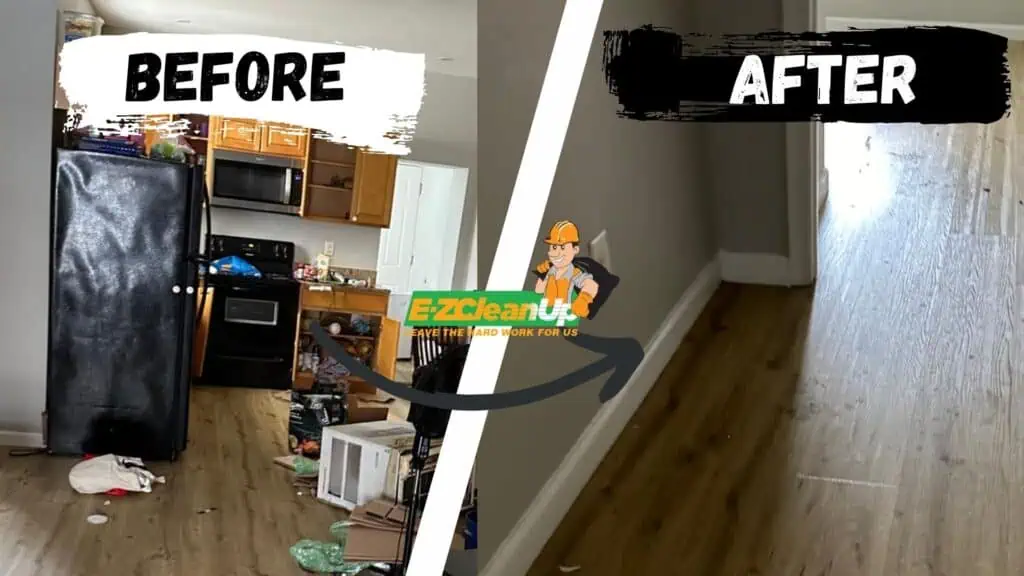
Rule #5: Set Specific Places for Everything
Start organizing by deciding where each type of item should go. For example, keep all your winter clothes in one spot and sports gear in another. This setup helps you stay organized and saves time when you’re looking for something.
Label and Use Clear Containers
Use labels and clear containers to keep track of where everything goes. This helps everyone in the house know where to put things and makes it easy to see what’s inside each container without having to open it. This keeps your home neat and saves you time.
Rule #6: Try the 90/90 Rule for Unsure Items
If you haven’t used an item in the last 90 days or don’t think you’ll use it in the next 90, it might be time to let it go. This rule helps you focus on what’s really useful or necessary in your home.
Balance Feelings and Practicality
The 90/90 rule also helps you manage items you’re keeping just because they have sentimental value. It encourages you to think about whether these items are truly worth the space they take up.
You don’t have to throw away everything sentimental, but it’s good to think about their real usefulness.
Rule #7: Regularly Schedule Declutter Sessions
To keep your home tidy, plan regular times to clear out clutter. Choose a schedule that fits your life—maybe once a week or once a month. Going through each room regularly stops clutter from piling up and keeps the task easy to handle.
Adjust How Often You Declutter
How often you need to declutter might change. It can depend on how many people live in your house or how busy your life is. For instance, families with kids might need to tidy up more often.
Watch how clutter builds up and change your schedule as needed to keep things manageable.
Adding regular decluttering to your routine makes it easier and keeps your home nice and inviting.
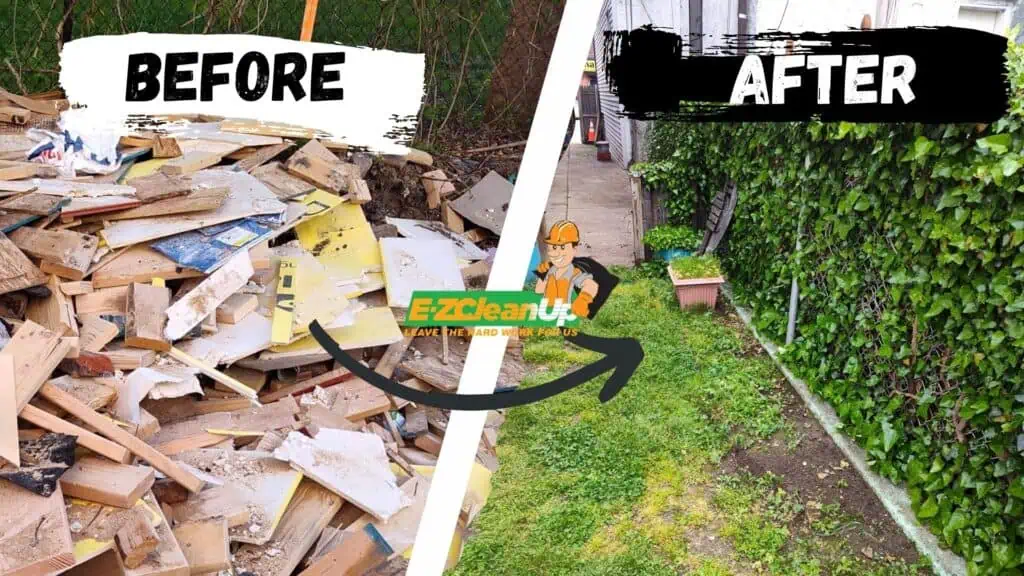
Rule #8: Keep Paper Clutter in Check
Create a spot where all incoming mail and papers go, like a tray or a shelf near your door. Sort your mail right away into categories like ‘recycle’, ‘shred’, or ‘keep’. This stops papers from building up.
Cut Down on Unnecessary Mail
Reduce paper clutter by opting out of mail you don’t need and switching to digital statements for your bills. This keeps your home cleaner while helping the environment by using less paper.
Rule #9: Handle Sentimental Items with Care
Think about which sentimental items truly mean something to you. They should bring back happy memories.
If you’re keeping something just because you feel you have to, maybe it’s time to let it go. Only keep things that really matter to you.
Save Memories Digitally or in a Memory Box
For items you’re attached to but take up too much space, try saving them digitally. Scan photos, kids’ artwork, or letters. Or, keep a memory box for special items. Limit the size of the box to help you choose only the most important things.
Rule #10: Make Decluttering a Family Activity
Make decluttering a family task. Give each person a job that suits their age and abilities. Even young kids can help by choosing toys to keep or give away. This makes the work lighter for everyone and teaches responsibility.
Decide Things Together
Meet as a family to pick which parts of the house to tidy up or how to sort shared spaces. This way, everyone feels heard. Plus, it prevents arguments about getting rid of things. Making decisions together helps everyone commit to keeping the home neat.
Rule #11: Choose Eco-Friendly Ways to Get Rid of Stuff
When you have things you don’t need but are still in good shape, donate them. Charities, thrift stores, and community centers can use these items to help others. Donating helps people in need and supports good causes.
Recycle What You Can’t Donate
For items that aren’t good enough to donate, recycling is the next best step. Check what your local recycling program takes, and prepare items correctly, like cleaning them and taking off labels. This reduces waste and helps turn old stuff into new things.
Rule #12: Embrace Minimalist Buying Practices
When you’re thinking about buying something, ask yourself a few questions: Do I really need this? Do I have something like it already? What happens if I don’t buy it? This helps you avoid buying things you don’t need.
Wait Before You Buy Non-Essentials
To avoid impulse buys, wait 48 hours before buying things you don’t need right away. This wait can make you rethink if you really need it or if it was just a spur-of-the-moment want.
Rule #13: Celebrate and Maintain Your Decluttered Space
Take time to enjoy your success when you’ve cleared out clutter. Maybe treat yourself to something small or go out as a family. Celebrating helps keep you motivated and makes decluttering fun.
Keep Your Space Clutter-Free
Stay committed to a tidy home by regularly checking and tweaking how you keep things organized. As life changes, you might need to update how you sort things or set aside more time for tidying.
By regularly celebrating and adjusting your approach, you keep your home clean and pleasant for everyone.
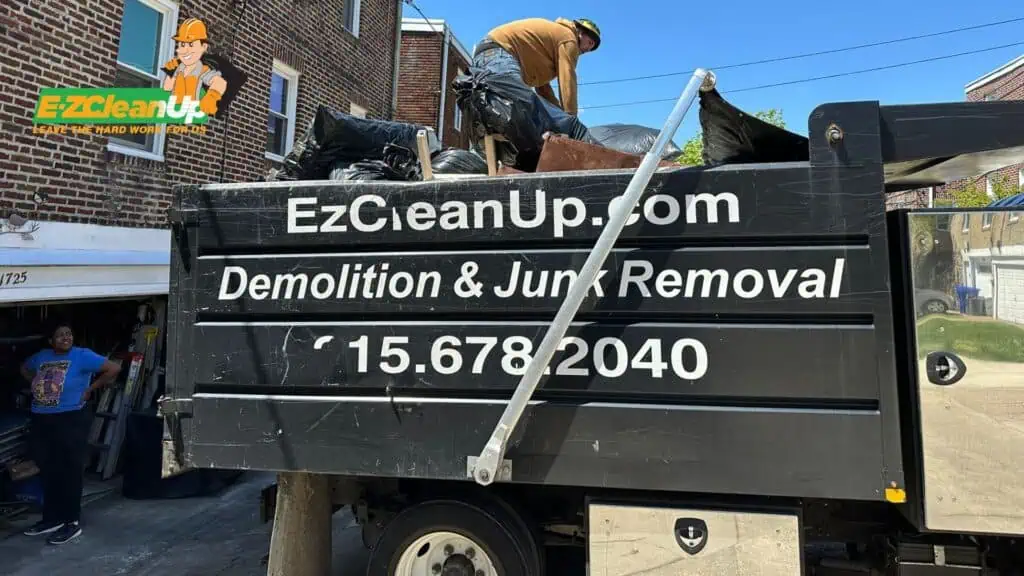
Keep It Clean!
Once you’ve set your decluttering goals and sorted through your belongings, it’s time to address the accumulated junk. EZ CleanUp can take it from here.
Our services are tailored to efficiently remove any household or construction debris. We provide dumpster rentals for larger projects and offer light demolition services for more complex needs.
Contact us to learn more about how we can assist you in maintaining a decluttered and organized home.

